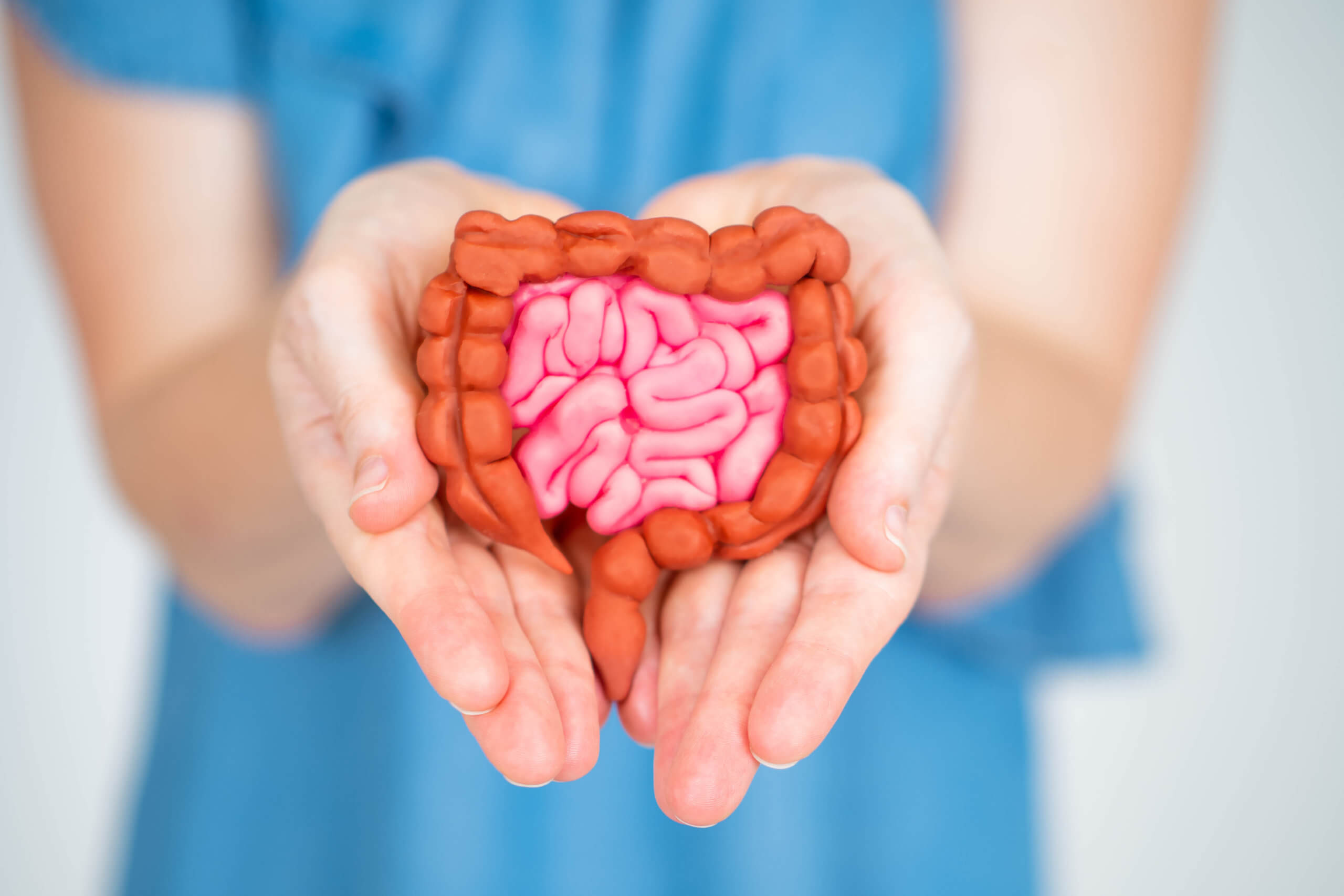Although stress plays a role in the onset of a number of health issues, a new study finds it may also protect the body in certain circumstances.
Researchers from the Case Western Reserve University School of Medicine say the immune system can actually benefit from a little stress.
“This one of the few studies showing that chronic stress could have beneficial effect instead of negative effect,” says senior author Fabio Cominelli, a professor of medicine and pathology and associate dean for program development at the School of Medicine, in a media release. “This was a little bit of a surprise for us.”
What does stress do to your gut?
Studies have found that psychological stress can exacerbate symptoms of inflammatory bowel disease (IBD). Intestinal tertiary lymphoid organs (TLOs), which are immune cells that form in response to chronic inflammation or injury, also have a link to severe inflammation.
In the new study, researchers examined mice dealing with a Crohn’s disease-like condition called ileitis after experiencing stress for 56 days. Results reveal that the mice experienced increased TLO formation in their colons as their immune systems responded to the trauma. However, the team found that the stress did not significantly increase levels of small or large intestinal inflammation. The gut microbiome of these animals remained unchanged as well, in comparison to healthy control mice.
Since it’s difficult to accurately measure the microbiome, the team performed a fecal microbiome transplant. While mice receiving the microbiome of stressed-out mice had the same behavioral phenotype as their donors, the transplant did not lead to the formation of more TLOs.
Instead, stress increased the production of the cytokines IL-23 and IL-22. These substances are a part of the system that forms TLOs. IL-22 also plays a key role in wound healing and tissue regeneration. It even has both anti-inflammatory and pro-inflammatory properties.
Study authors found that stressed-out mice deficient in the genetic receptor for IL-23 displayed signs of increased IL-23, but not IL-22. They also couldn’t increase the formation of TLOs. Scientists were able to reverse this by administering doses of IL-22.
Stress may actually ‘stimulate’ the body
Since TLOs have a connection to other diseases, the team thought that stressed mice would be more susceptible to a “second hit” in the colon. Surprisingly, stressed mice actually had less inflammation after this “second hit.”
“Our findings demonstrate that psychological stress induces formation of TLOs by increasing the production of IL-23,” Cominelli says. “Furthermore, the stressed mice were protected after a ‘second hit,’ suggesting TLOs may function to improve the mucosal barrier.”
“What we discovered is that chronic daily stress for six weeks was beneficial against a second injury. The mouse models that were stressed were actually protected,” Cominelli continues. “We showed they had stimulation of the immune system, which protects against intestinal inflammation. What needs to be studied is whether this may translate to other diseases and injuries.”
“So do I want to be stressed? It all depends on the definition of stress. ‘Stimulated’ is a better term,” the researcher concludes. “The message is that a little bit of stress is good in your life, but you want to be stressed in the right way.”
The study is published in the Proceedings of the National Academy of Sciences.
